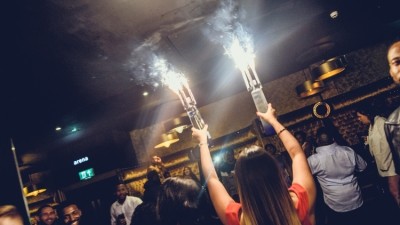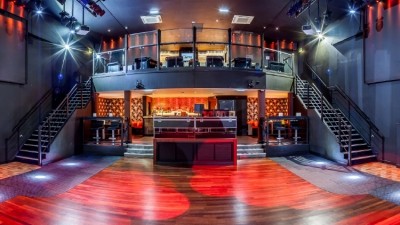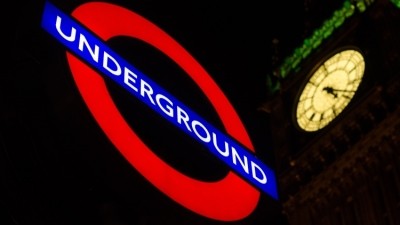Average late-night spend per head increases by £9.19

Changing attitudes
Other highlights from the report include:
- Almost 4 in 10 consumers are spending 3 to 4 hours out during a night out (39.4%), with the remaining majority (37.2%) spending 5 to 6 hours out
- Recommendations are the most important factor people take into consideration when planning a night out, with 55.6% saying they use it in their decision-making process
- Facebook remains the second-most important factor in customer decision making with more than a quarter (25.8%) saying they use it to choose where to go
- Seeing friends is the most popular reason for a night out, with almost 70% (68.1%) of respondents citing it as their main reason to go out
- Escaping the stresses of day-to-day life is a key reason for going out for 44% of Brits
- When asked what respondents would like their city to be in 2019, ‘more affordable’ was the most popular response (42.5%), with this figure rising to 49.5% among 18 to 21-year-olds.
Deltic’s Night Index, a quarterly report tracking consumer habits in the UK’s night-time economy, has revealed that average consumer spend increased by 15.5% to £68.68 – rising from £59.49 last year.
This £9.19 average increase equates to just short of three pints of standard on-trade lager, or three-and-a-half measures of standard vodka, per head in accordance with benchmark figures from CGA.
According to Deltic’s figures, the spending surge included an 11.7% increase in food spend to £16.20 per head, a 10.3% increase on in-venue drinks spend to £19.25 and a 32.1% increase in transport spend per customer to £12.02.
Additionally, late-night on-trade customers were found to be going out more regularly and for longer according to latest figures, with 58.1% of consumers going out at least once a week, with the average night out lasting four hours 35 minutes.
Love for local hot spots
Recently crowned Best Late Night Operator at the 2019 Publican Awards, Deltic also revealed that consumers felt increasingly positive about heading out on the tiles in their local area.
The operator of 53 clubs and bars throughout the UK, Deltic’s research found that almost seven in 10 (69.1%) of Brits feeling proud of their local town or city, rising to 73.1% among 18 to 25-year-olds.
When asked how they would rate their local town or city for late night leisure, more than half of respondents (50.7%) rated their local area as good or amazing for a night out – rising to 53.1% for those aged between 18 and 55.
Breaking the data down by time highlights that respondents are most happy with the leisure options at their disposal between 12noon and 6pm (70.3%) with satisfaction levels declining slightly for later leisure with 65.1% of consumers stating that they’re happy with options available between 6pm and 11pm, and just over half (51.2%) satisfied with late-night leisure options.
However, more than 40% (40.6%) feel there is still room for improvement with transport links (34.6%), places to eat out (22.1%) and leisure venues (30.2%) the recurring most often on consumer wish-lists.
Surprise success
Deltic’s latest Night Index follows the release of data from the Office for National Statistics (ONS) which revealed that the number of pubs, bars and nightclubs with 24-hour alcohol licences fell from 919 in 2013 to 742 in 2018 – a decline of almost 20%.
Moreover, Southwark and Redbridge have become the latest London boroughs to throw their hats into the late-night levy ring after confirming they both intend to consult on adopting a levy, with a view to taking effect in September and October 2019 respectively.
“Given the ongoing pressures facing the UK’s retail and leisure industries, it is fantastic – and perhaps surprising – to see that so many Brits feel this positively about their local towns and cities, and the leisure offerings within them,” explained Deltic’s chief executive Peter Marks.
“If anything, it seems that consumers are looking for even more variety, demonstrating just how important it is for operators to work together with local governments and other stakeholders to enrich our towns and cities by providing a great round-the-clock offer for people to enjoy.”








